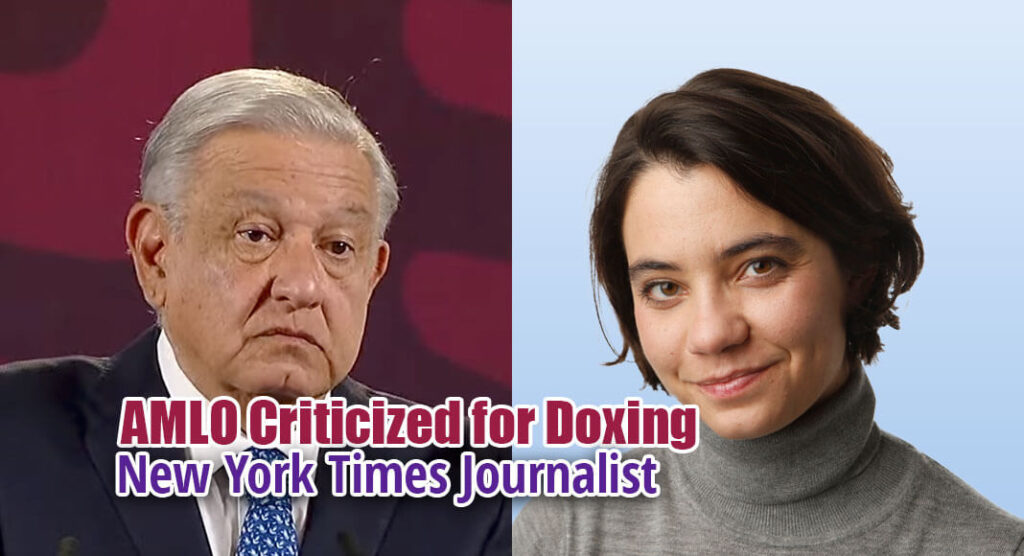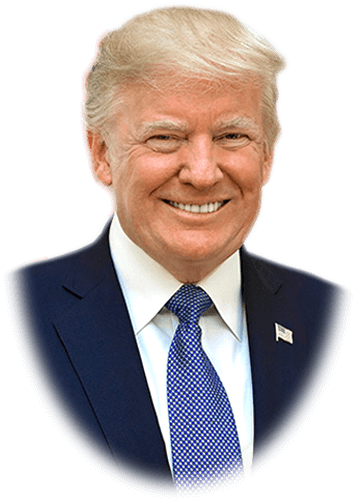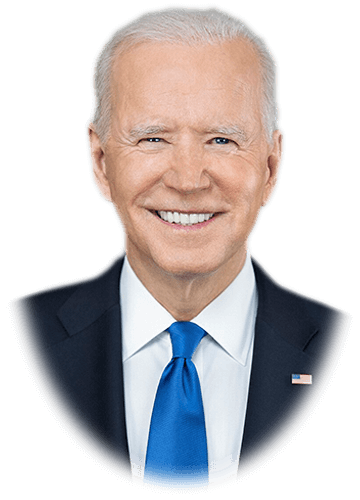
Texas Border Business
By Roberto Hugo González
In a move that has sparked widespread criticism and triggered an investigation by Mexico’s national transparency agency, President Andrés Manuel López Obrador publicly shared the personal telephone number of New York Times’ Mexico bureau chief, Natalie Kitroeff. The disclosure came during one of López Obrador’s widely-watched morning press conferences in response to the newspaper’s inquiries about a U.S. probe into allegations linking the president’s circle to drug money.
This incident has not only drawn the ire of press freedom organizations but also led to an unfortunate chain reaction resulting in the leakage of contact details of prominent political figures, including those of Claudia Sheinbaum and Xóchitl Gálvez, who are in the race to become Mexico’s first female president. The National Institute for Transparency, Access to Information, and the Protection of Personal Data (INAI) has announced that it will investigate whether López Obrador violated personal data privacy laws through his actions.
The president’s decision to reveal Kitroeff’s number was widely condemned, especially in a country where violence against journalists and women is a pressing issue. The New York Times, referred to as a “filthy rag” by López Obrador, has denounced the act as “troubling and unacceptable,” emphasizing the danger it poses to journalists amid rising threats against them.
Despite the backlash, López Obrador defended his actions, asserting his “moral authority” and stating he would do it again, dismissing concerns over potential threats to the journalist.
The INAI, a target of López Obrador’s previous criticisms, stressed that no one is above the law, highlighting the seriousness of disclosing a journalist’s details. Meanwhile, press freedom groups like the Committee to Protect Journalists (CPJ) and Article 19 have denounced the president’s actions as a direct attack on freedom of expression and an attempt to intimidate The New York Times.
The White House also weighed in, with spokesperson Karine Jean-Pierre expressing disapproval and reaffirming the U.S. commitment to press freedom. Following the incident, the personal phone numbers of José Ramón López Beltrán, López Obrador’s oldest son, Sheinbaum, and Gálvez were leaked online, leading to an attack of calls and messages. Both Sheinbaum and Gálvez linked the leaks to López Obrador’s example, with Gálvez choosing not to change her number and Sheinbaum indicating she would.
López Obrador remained defiant, declaring Mexico’s independence from foreign interference and accusing the United States of involvement in the allegations against him. YouTube’s removal of videos containing the press conference for violating its harassment and bullying policy prompted accusations of censorship from López Obrador, who criticized the platform’s “arrogant and authoritarian attitude.”
The controversy underscores the tense relationship between the Mexican government and the press, highlighting journalists’ challenges. López Obrador’s actions have sparked a debate on the balance between transparency and privacy, press freedom, and the responsibilities of public officials, raising essential questions about the state of democracy and freedom of expression in Mexico.















